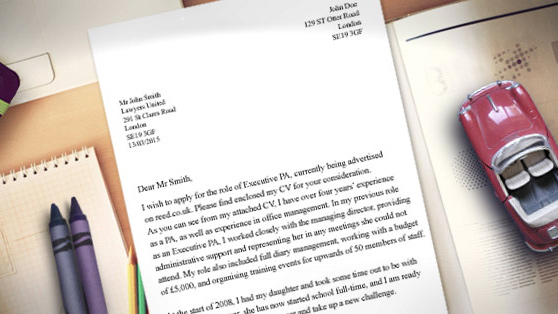Whether you want to admit it or not, there’s certainly other things involved in becoming successful at work than simply giving good results at the tasks assigned to you. It’s also about letting others see that you’re competent, getting the right people to like you, and keep your rivals from tearing your down. Other than that, here are other things that you can do to get ahead and make the office politics in your workspace work to your advantage.

Don’t Let Your Guard Down
Perhaps the trickiest part of working in an office is learning how to conduct yourself professionally during work-related gatherings. While your company’s holiday party may be presented as a chance to enjoy yourself and chug down a few glasses of beer, it’s crucial to remember that a single comment in such a relaxed environment could ruin the reputation you built for years.
Help Your Colleagues
Although helping others learn the skills that could set you apart from everyone else may seem counter-intuitive, doing so will help build trust with your peers that could lead them to becoming your allies down the road. Plus, these individuals could pass along some useful information to you, whether it’s a heads up about an upcoming organizational shift in your company or a tip on how you could do your job better.

Avoid Gossiping
It might be tempting to trash your competition when they’re not around, but speaking negatively about your colleagues will only do you more harm than good. Your co-workers are smart enough to figure out that if you’re speaking ill about another person, you’re likely to do the same thing to them when they’re no longer around. Also, when it comes to speaking negatively about someone in power, it’d be best for you to be extra careful.
Always Look Like You’re Doing Something
At work, you get to manage two different things – your actual work productivity and how that productivity is seen by your peers and your boss. For that reason, avoid getting caught doing useless activities like chit-chatting with a colleague. This will give people an impression that the only thing you’re adding to the company is your likable personality. If you don’t have anything to do, however, think of a skill that you’d want to learn and work at getting better at it.

Promote Your Accomplishments Discreetly
Impressing your boss would be difficult if they don’t know what a good job you’re doing. You can change that by bringing up specific things that you’ve done, such as getting a new client or updating your company’s employee handbook, during a one-on-one meeting with your manager. To keep yourself from sounding arrogant, make sure that you also praise your colleagues who helped you succeed in these tasks.
Getting involved in office politics won’t be that stressful if you just know how to handle it. In fact, simply putting the aforementioned tips to work is already enough to help you make the office politics work to your advantage.
















